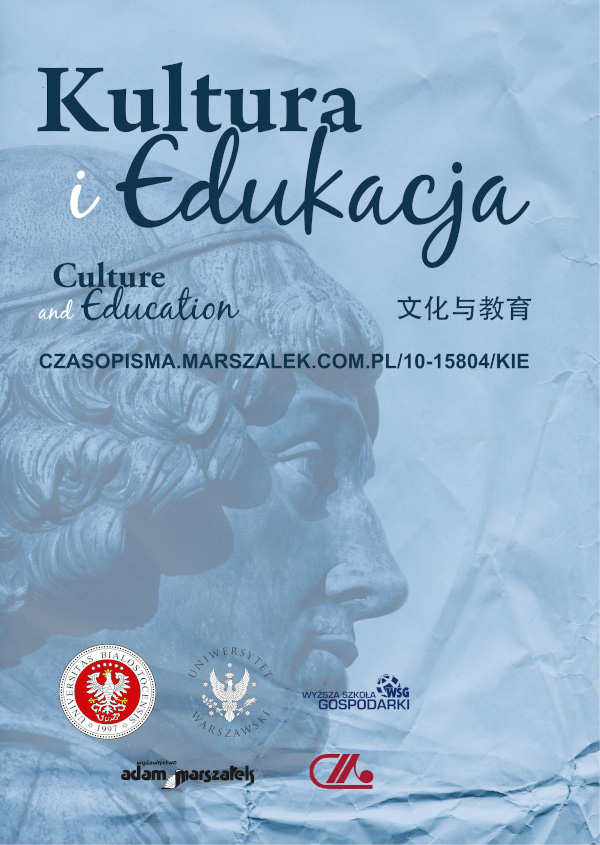The Impact of Government Social Policy on the Roma
Community in Czecho-Slovakia from 1948 to the Present
with Comparison of Contemporary Research about Social
Pathology
The Impact of Government Social Policy on the Roma
Community in Czecho-Slovakia from 1948 to the Present
with Comparison of Contemporary Research about Social
Pathology
Author(s): Łukasz Kwadrans, René Lužica, Ivan RácSubject(s): Gender Studies, Social differentiation, Studies in violence and power, Family and social welfare, Ethnic Minorities Studies, Social Norms / Social Control
Published by: Wydawnictwo Adam Marszałek
Keywords: assimilation; integration; non-governmental sector; Gypsy population; Roma community; social surveys and research; domestic violence in Roma families; the status of Roma women;
Summary/Abstract: The authors aim to draw attention to underestimating and disinterest in conducting a social study on the Roma population in socialism, which was carried out only in the early 1970s. The study on social and pathological phenomena focused on the impacts on the overall societal scale. The researchers did not perform studies in Roma communities and families. The state-controlled blanket assimilation was expected to automatically arouse positive changes in Roma families. Research into social pathology in Roma communities and families was launched only in the second half of the 1990s, mainly after the millennium. The study points to the authors’ archival qualitative research at the turn of 2020 and 2021 in the Slovak National Archives in Bratislava. The second part of the article presents qualitative research on violence against Romani women in connection with the presented effects of not addressing this negative phenomenon. The main goal of the research is to show the extent of interest in the social situation of the Roma during the communist regime and to point out the main problems in the present day.
Journal: Kultura i Edukacja
- Issue Year: 136/2022
- Issue No: 2
- Page Range: 162-180
- Page Count: 19
- Language: English

